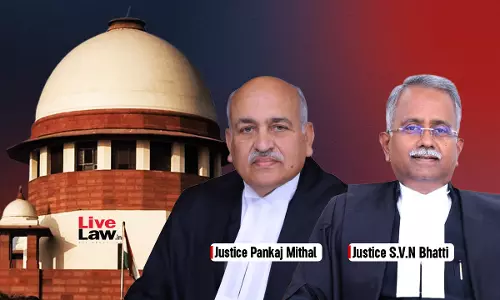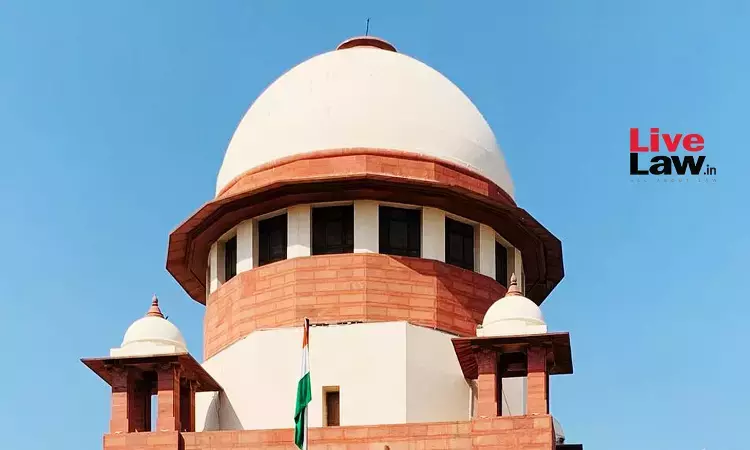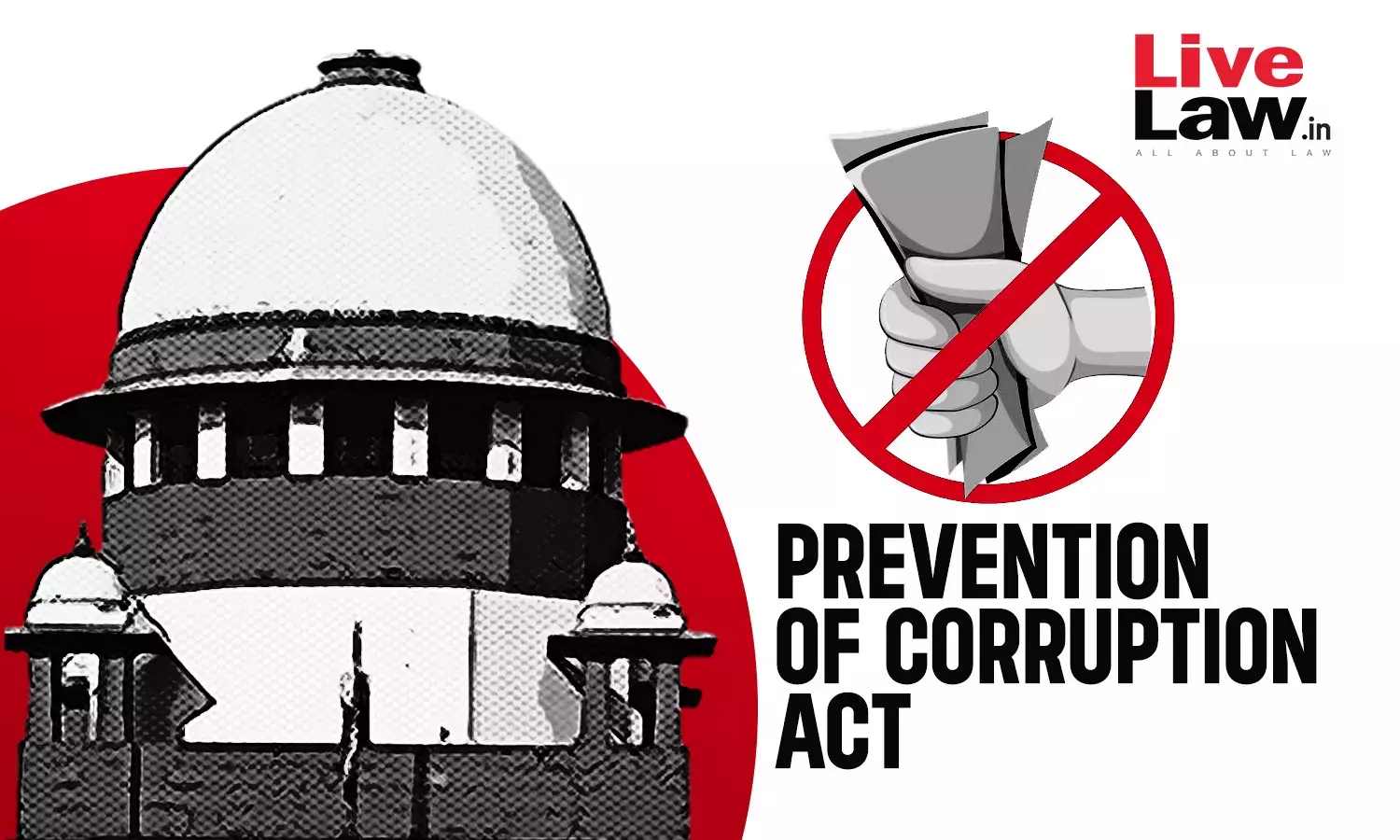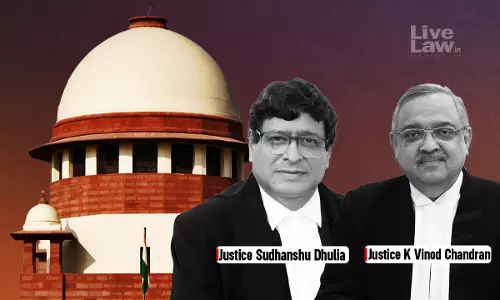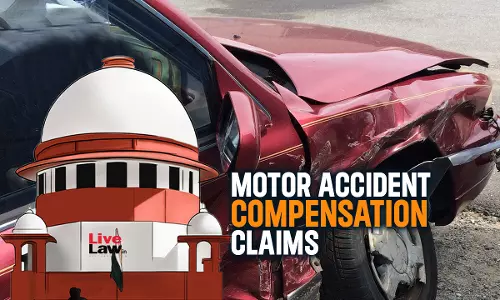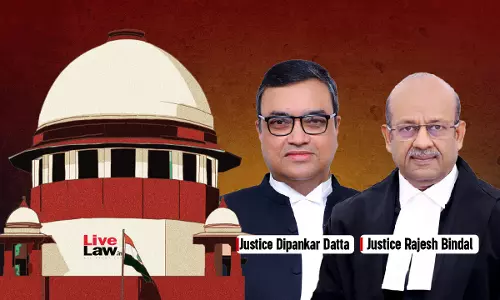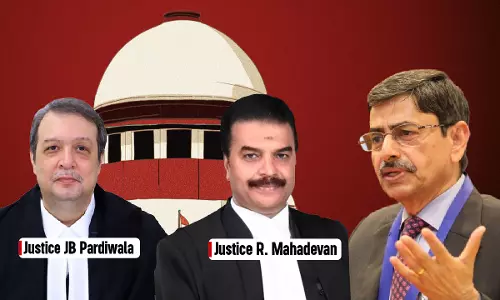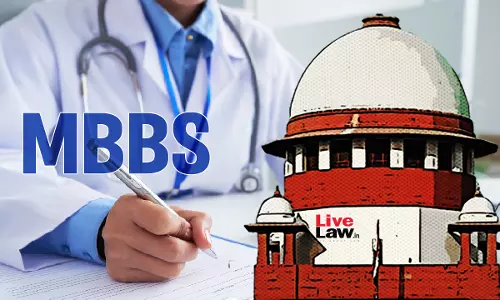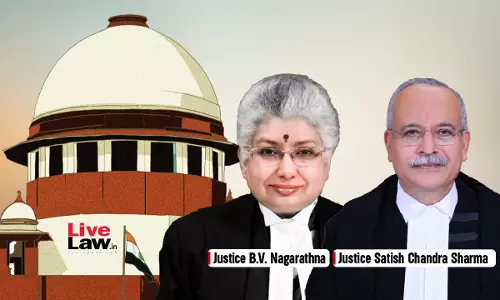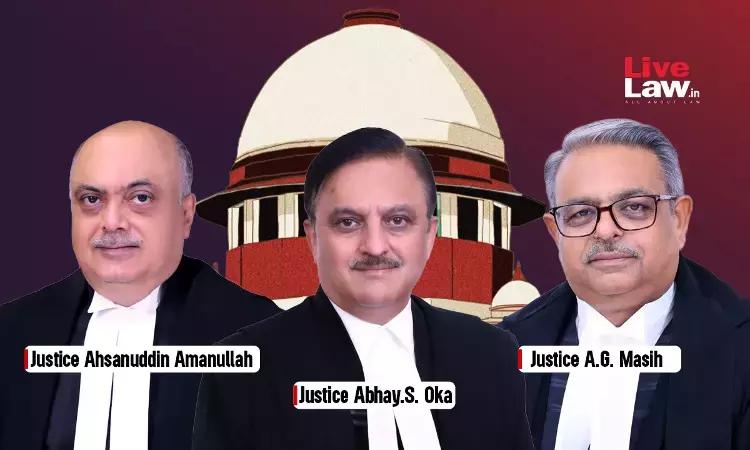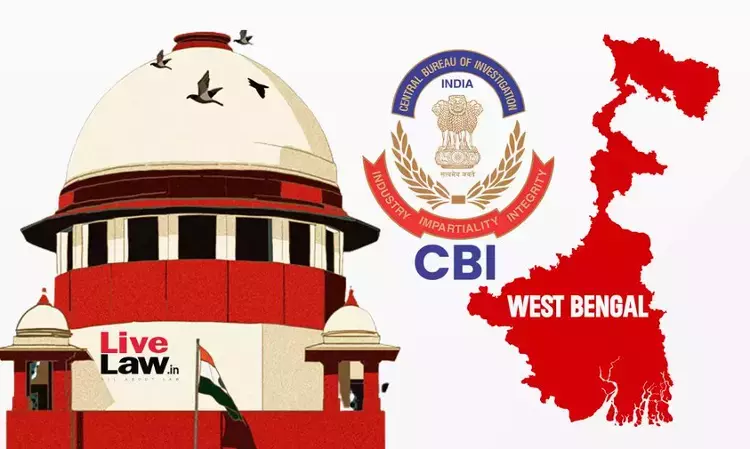Supreme court
Supreme Court Lays Down Guidelines For Interpretation Of Deeds & Contracts
The Supreme Court observed that when the language of a deed is clear and unambiguous, there is no justification for judicial intervention to interpret it differently. It added that applying the literal rule of construction, the words must be given their plain and natural meaning, as they are presumed to convey the true intent of the parties. “the court must look at the words used in...
Supreme Court Asks Petitioners Challenging Hindu Religious Endowments Acts Of TN, AP & Telangana To Approach HCs
The Supreme Court recently(April 1) disposed of petitions challenging the validity of the laws relating to Hindu Religious and Charitable Endowments of the States of Tamil Nadu, Andhra Pradesh and Telangana by asking the petitioners to approach the respective High Courts.A bench comprising Justice BV Nagarathna and Justice Satish Chandra Sharma observed that the High Courts would be in a...
PC Act | Preliminary Enquiry Can Be Dispensed With If FIR Is Based On Detailed Source Report Submitted To SP : Supreme Court
The Supreme Court reiterated that a preliminary inquiry is not a mandatory prerequisite under the Prevention of Corruption Act, 1988 (“PC Act”) for initiating a corruption case against a public servant. It added that a case against the public servant cannot be quashed solely on the ground that no preliminary inquiry had been conducted before the registration of the FIR. “To sum up,...
Prosecution Must Disprove Accused's Plea Of Alibi Before Convicting Based On 'Last Seen' Theory : Supreme Court
The Supreme Court held that the mere fact that the husband and wife were last seen together in their shared home does not, by itself, justify convicting the husband for the alleged murder if he raises a plea of alibi and the prosecution fails to effectively disprove it. Holding thus, the bench of Justices Sudhanshu Dhulia and K. Vinod Chandran set aside the husband's conviction for his...
Insurer Can 'Pay & Recover' If Driver Of Vehicle Meant To Carry Hazardous Substance Didn't Have Endorsement U/R 9 CMV Rules : Supreme Court
The Supreme Court on Tuesday (April 8) ruled that an endorsement under Rule 9 of Central Motor Vehicles Rules, 1989 is mandatory in the driving license for driving a vehicle carrying any dangerous or hazardous goods. Rule 9 mandates specialized training (including defensive driving, emergency handling, and product safety) and an endorsement for drivers of vehicles carrying hazardous...
S.28 Contract Act Doesn't Bar Exclusive Jurisdiction Clauses In Contracts : Supreme Court
The Supreme Court held that exclusive jurisdiction clauses in employment contracts, which confers exclusive jurisdiction on the courts of a particular location to decides disputes relating to the contract, are not barred by Section 28 of the Contract Act.Section 28 of the Indian Contract Act, 1872, declares void any agreement that restricts a party from enforcing their rights under a...
Governor Can't Reserve Bill For President's Assent After It Was Re-Enacted By Assembly : Supreme Court
In an important judgment interpreting Article 200 of the Constitution, the Supreme Court has held that a Governor cannot reserve a Bill for the assent of the President once it has been re-enacted by the State Legislative Assembly after the Governor had withheld his assent in the first instance.The Court held that if the Governor has to reserve a Bill for the President's assent, then it must...
MBBS Admission: Supreme Court Asks AIIMS Medical Board To Assess Disability Of Candidate Who Performed 'Exceedingly Well' In NEET
The Supreme Court recently directed the AII India Institute of Medical Science (AIIMS) to constitute a medical board comprising of five doctors including a specialist in locomotor disabilities and a neuro-physician for the assessment of an MBBS aspirant's disability in terms of the Court's judgment in Om Rathod v. Director General of Health Sciences (2024) and Anmol v. Union of India &...
Supreme Court Flags Misuse Of Rape Laws After Break-Ups, Quashes Case Against Ex-Judge Over Alleged Marriage Promise
Reiterating that a breach of promise to marry does not constitute rape unless it is proven that consent was obtained through fraud from the outset, the Supreme Court quashed a rape case against a former judicial officer accused of raping a woman under the false promise of marriage. The bench comprising Justices BV Nagarathna and Satish Chandra Sharma noted that the complainant was a mature...
After Split Verdict, Supreme Court Rejects Rajasthan Civil Judge Candidates' Plea To Submit Caste Certificates Beyond Cut-Off Date
After a split verdict in the matter, a three-judge bench of the Supreme Court today dismissed appeals filed by certain candidates to the post of Civil Judge, who were denied appointment by Rajasthan High Court on the ground that they submitted category certificates beyond the cut-off date.A bench of Justices Abhay S Oka, Ahsanuddin Amanullah and AG Masih delivered the decision, upholding...
WB SSC Scam | Supreme Court Sets Aside Calcutta HC Direction For CBI Investigation Into Govt Decision For Supernumerary Posts
The Supreme Court today (April 8) set aside the Calcutta High Court's direction for CBI investigation into the supernumerary posts created by the West Bengal Government during the pending challenge to the 2016 WB SSC Appointments in the High Court. Notably, the Apex Court on April 3 had upheld the decision of the Calcutta High Court, which invalidated nearly 25000 teaching and non-teaching...



